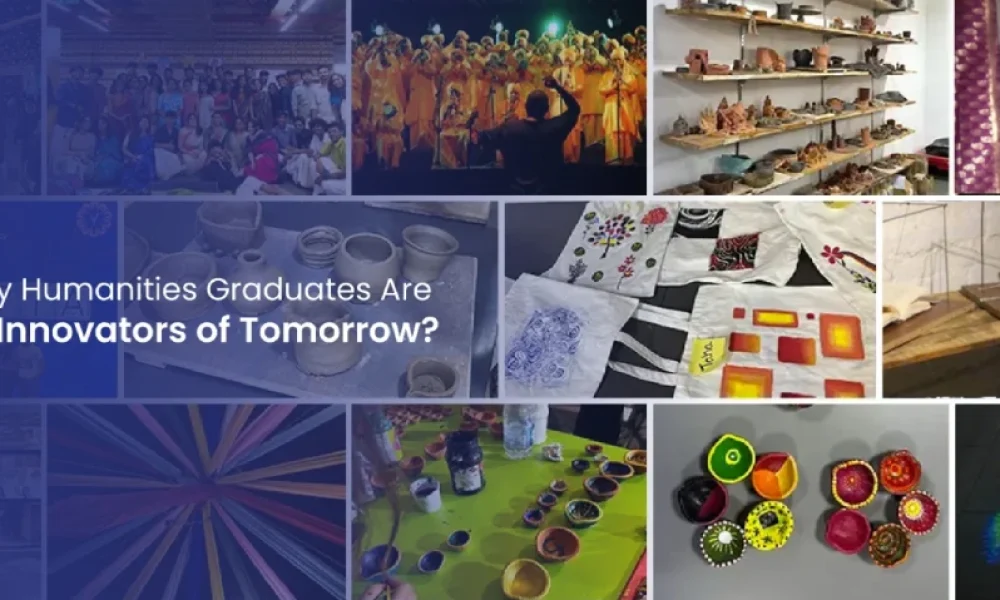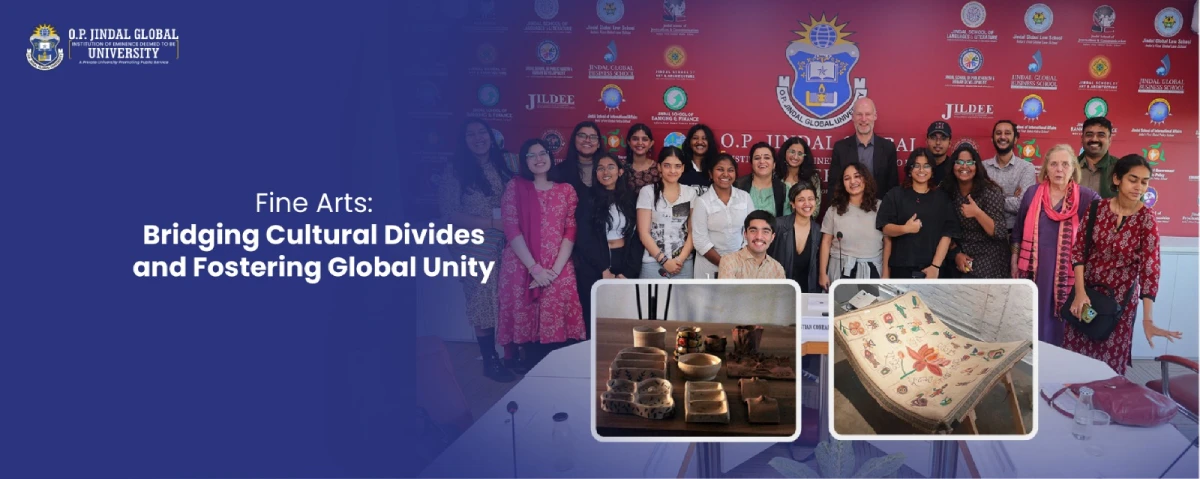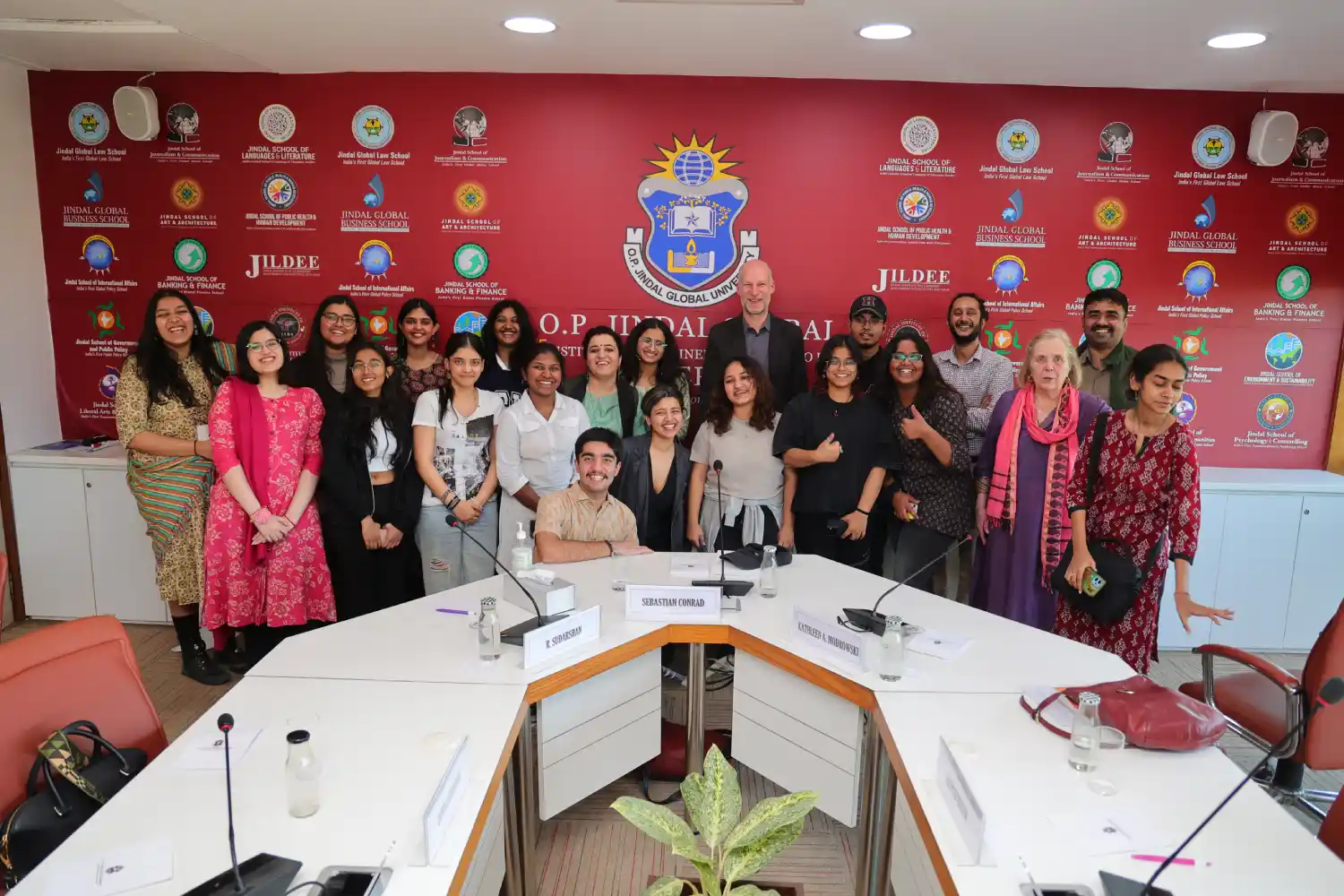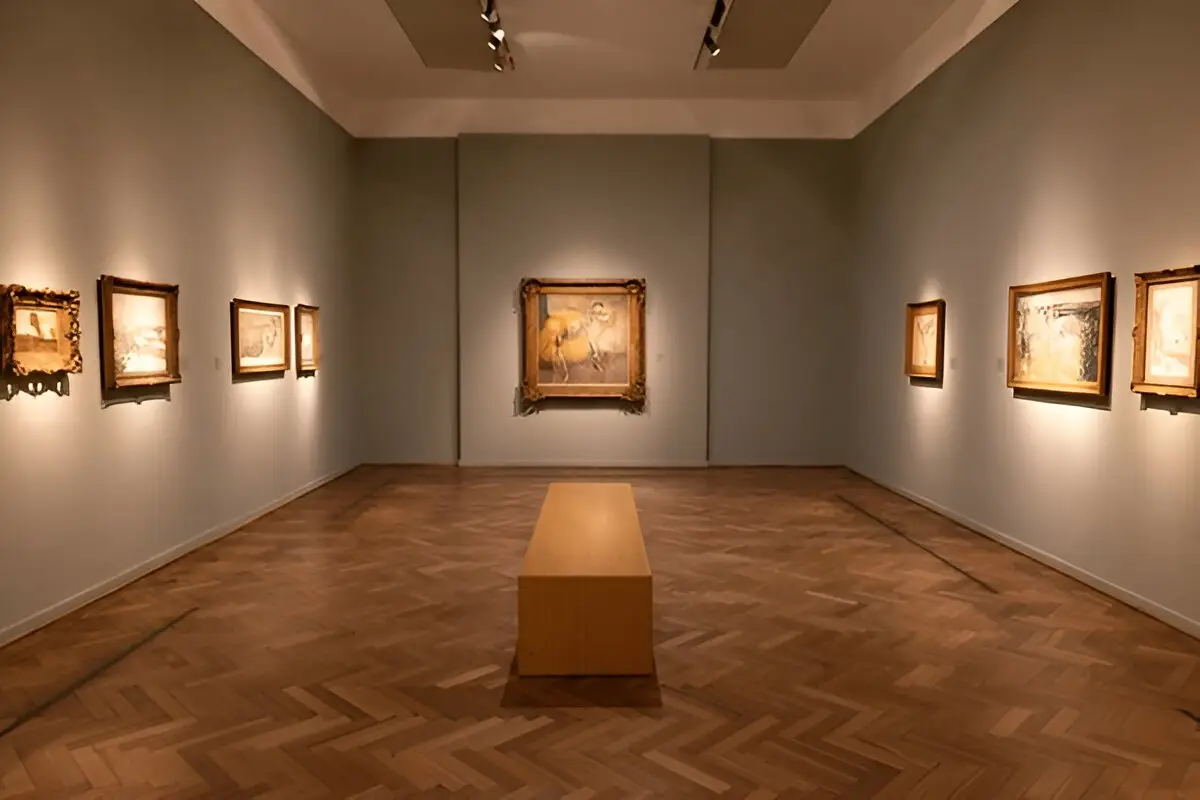The world today is on the threshold of entering a new era. Machines and artificial intelligence make news headlines, and advanced technology dominates, but behind every technological marvel lies something more basic-human: imagination, empathy, and critical thinking, all very much in vogue for cultivation in the liberal arts and humanities. While it is through science and technology that the framework for progress is laid down, the soul of innovation inhabits those endowed with liberal education who tells the human story into the development fabric.
In this view, the liberal arts colleges in India are emerging into havens for creative and critical thinkers who dare to walk where no one else would: places that offer education and a perspective lens through which to see the world beyond binaries. The Jindal School of Liberal Arts and Humanities stands out as the shining light of transformative education at O.P. Jindal Global University.
The Rise of Humanities in a Technological World
In this context, liberal arts colleges in India are becoming homes for creative and critical thinkers who dare to tread where others have never stepped. They offer education and a perspective- a lens to see the world beyond binaries. Among them is the Jindal School of Liberal Arts and Humanities at O.P. Jindal Global University, shining as a beacon of transformative education.
The Emergence of Humanities in the Age of Technology
Steve Jobs very eloquently said in the launch of iPad 2 that technology alone is not enough and that we need to get married to the arts and humanities to evolve innovations that resonate with deeper human emotions. This is not at all a poetic expression; it is practically true. Consider the smartphone you hold; its sleek design, intuitive interface, and usability are as much a triumph of engineering as they are of empathetic design thinking- a skill perfected in liberal arts disciplines.
Perhaps the most prominent mesh of humanities and technology is seen in liberal arts colleges in India. With interdisciplinary subjects connecting unrelated fields in psychology and artificial intelligence, history and design, literature and digital media, for example, at Jindal School of Liberal Arts and Humanities, students are thought to imagine the world not as it is but as it can be.
Empathy: The Keystone of Innovation
In the age of algorithms and data-driven decisions, the secret ingredient for something being great rather than functional is to have empathy. It’s precisely here that humanities graduates stand out: they were trained in understanding the human condition in its joys, struggles, and complexities.
The liberal arts colleges in India and Jindal School of Liberal Arts and Humanities are nurturing this empathy through courses that explore the human story across time and space. What sets the school apart is its perfect blend of academic rigour and real-world exposure, ensuring that its graduates don’t just understand humanity; they embody it. The Jindal School of Liberal Arts and Humanities, for instance, produces visual thinkers through its programs, such as the Bachelor of Fine Arts (Hons.), which could weave a narrative that would ring across the globe.

Soft Skills in the Pandemic
If the pandemic has imparted something to us, it’s the irreplaceable value of soft skills—communications, adaptability, and problem-solving. Whereas technical skills open the door, it keeps the door open: connecting, empathising, and thinking critically.
This is where liberal arts colleges in India, like Jindal School of Liberal Arts and Humanities, stand out. They provide holistic education, preparing students to adapt to a changing world. A very good example is the P.G. Diploma in Research and Innovation, which is the Jindal Fellowship Programme. It is how the Jindal School of Liberal Arts and Humanities readies its graduates for the post-COVID world. It sharpens research skills and develops innovative thinking necessary for this fast-changing world.
Jindal School of Liberal Arts and Humanities Edge – Inventing the Innovator
The Jindal School of Liberal Arts and Humanities has taken a commitment to the global standards of interdisciplinary education as one of its specialties among the liberal arts colleges in India. Established in 2013, the school is a vibrant intellectual community where students are imparted preparation to become global citizens through an emphasis on creativity and critical thinking. They are not oiled up to work but to live.
Amongst all this are options like the Ph.D. programme forging the next batch of teachers and leaders or the four-year BA (Honours) in Liberal Arts and Humanities with a rich palette of specialisations having one ambition in mind: push all possible boundaries on how learning happens.
Liberal Arts and the Future of Work
Tomorrow’s careers will require a combination of technical expertise and emotional intelligence that only a liberal arts education can nurture.
This new model is pioneered by liberal arts colleges in India, such as the Jindal School of Liberal Arts and Humanities, where graduates learn to think critically, communicate effectively, and innovate boldly. Interdisciplinary majors prepare graduating students to challenge the complexities of global concerns.
A Spurring Via to the Future
A near horizon where artists and engineers draw sustainable cities together, scientists and historians work to salvage the earth, and technologists are seated with philosophers to discuss the moral and ethical dilemmas posed by AI in the future will arrive. Indeed, that future is here-mortal and moulded in the classrooms of India’s liberal arts, primarily at Jindal School of Liberal Arts and Humanities.
Education is not measured in learning much about facts; it is to train the mind in methods quite impossible to learn from textbooks, says Albert Einstein. Jindal School of Liberal Arts and Humanities embodies this philosophy and has sown seeds in a cultivable ground for all those who dare to question, dream and innovate.
Why Liberal Arts?
Parents wonder if these humanities and liberal arts represent a career worth pursuing in this competitive world. The answer lies not in statistics but in the stories of CEOs, innovators, and changemakers who owe success to broad perspectives and critical thinking honed in liberal arts education.
From design-driven CEOs like Bracken Darrell to culturally savvy entrepreneurs like Jack Ma, liberal arts is all about power. The liberal arts colleges in India, particularly the Jindal School of Liberal Arts and Humanities, are cultivating future leaders who will shape industries, societies, and destinies.
A New Dawn for Humanities
The humanities remind us of our shared humanity in a world racing toward technological singularity. They teach us to innovate not just for profit but for progress, not just for efficiency but for empathy.
Such crucibles are the liberal arts colleges in India. One is at the head: Jindal School of Liberal Arts and Humanities, empowering students to make the kind of difference they wish to make while placing them not in school or college but in a position to make things happen through its pioneering programs with an interdisciplinary approach. Therefore, it is building tomorrow’s innovators who not only dare dream of a world but also build it, being empowered by courage and creativity.
Choose liberal arts. Choose Jindal School of Liberal Arts and Humanities. Choose a future where innovation and humanity come together.





